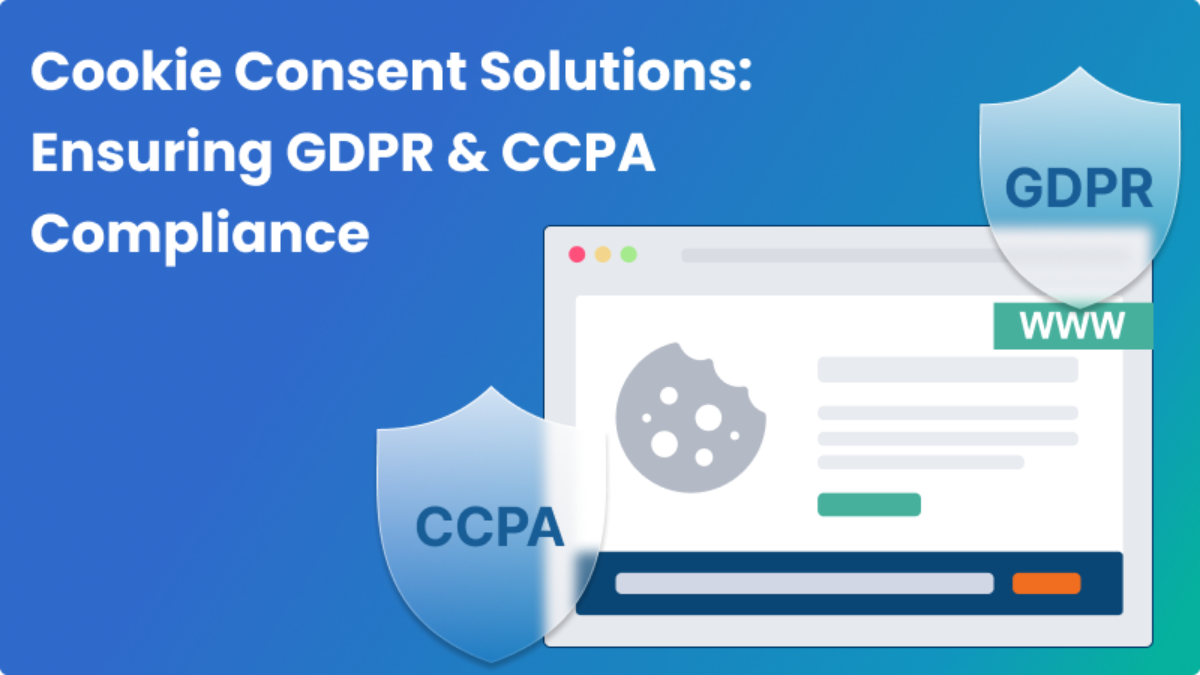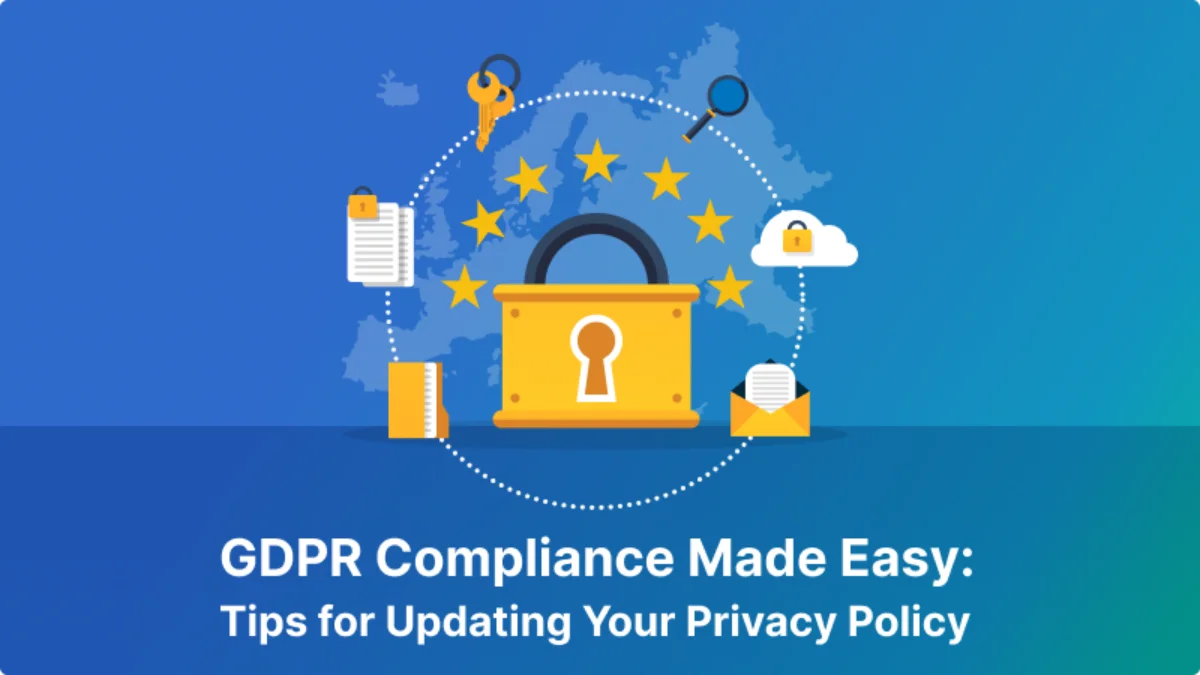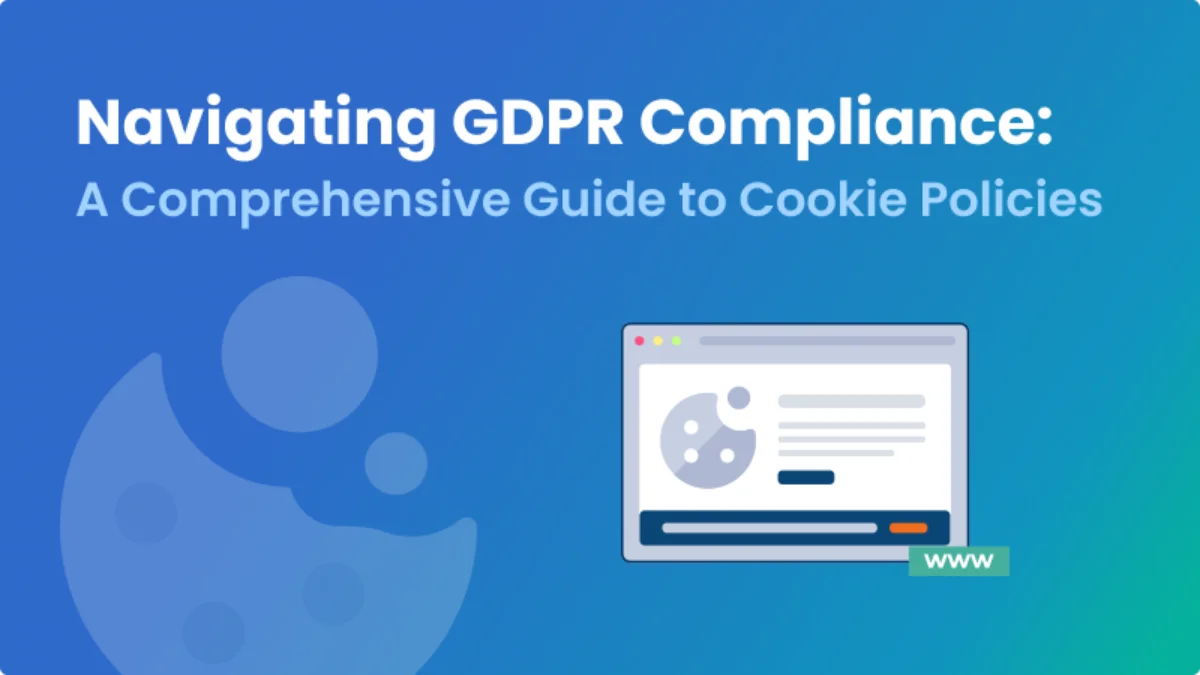How to Comply with CPRA Compliance?

Introduction
The California Privacy Rights Act (CPRA) is a state law that establishes data protection and privacy rights for consumers in California. The CPRA went into effect on January 1, 2023 and applies to businesses that conduct business in California and that process the personal data of California consumers.
CPRA Applicability [CPRA: Section 1798,140(d)]:
The new regulation revises the scope of business:
CPRA will be applicable on the businesses who meets any of the following conditions:
As of January 1, of the calendar year, had
- Annual gross revenues in excess of twenty-five million dollars ($25,000,000) in the preceding calendar year or
- Alone or in combination, annually buys or sells or shares the personal information of 1,00,000 or more consumers or households or
- Derives 50 percent or more of its annual revenues from selling or sharing consumers’ personal Information.
How to comply with California Privacy Rights Act (CPRA):
Complying with the CPRA can be challenging for businesses, as it imposes a number of new obligations on them in terms of their data protection practices. However, there are several steps that businesses can take to ensure compliance with the law:
- Review and update privacy policies [CPRA: Section 1798.100]: Businesses should review and update their privacy policies to ensure that they are compliant with the requirements of the CPRA. This may involve providing greater transparency about the types of personal data that are being collected, the sources from which the data is being collected, the purposes for which the data is being collected, and the categories of third parties with whom the data is being shared.
- Obtain affirmative express consent: The CPRA requires businesses to obtain affirmative express consent from consumers before collecting, using, or disclosing sensitive personal data. This means that businesses must provide clear and concise notice to consumers about their data collection practices, and must obtain explicit consent from consumers before collecting, using, or disclosing sensitive data.
- Implement reasonable security measures [CPRA: Section 1798.100(e)]: The CPRA requires businesses to implement and maintain reasonable security measures to protect personal data. This may involve implementing technical measures such as encryption, as well as administrative measures such as employee training and data access controls.
- Respond to consumer requests [CPRA: Section 1798.105 – 1798.125]: The CPRA gives consumers the right to access, correct, delete, and restrict the processing of their personal data, as well as the right to data portability. Businesses must have a process in place to receive and respond to these requests in a timely and effective manner.
- Designate a privacy officer: Businesses that are required to comply with the CPRA may want to consider designating a privacy officer or other individual to be responsible for ensuring compliance with the law. This person should be familiar with the requirements of the CPRA and should be responsible for coordinating the company’s efforts to comply with the law.
Conclusion
Overall, complying with the California Privacy Rights Act can be challenging for businesses, but it is essential for ensuring compliance with the law and protecting the privacy rights of California consumers. By taking the steps outlined above, businesses can ensure that they are in compliance with the CPRA and can avoid potential fines and other penalties for noncompliance.
How Mandatly helps?
Mandatly’s DSAR solution provides you with seamless and efficient data subject access request management from submission to fulfilment.
DSAR Portal: Centralizes Data Subject/Consumer rights request management.
Identity verification: Allows you to verify the identity of the requestors in multiple ways.
Auto data discovery: Identifies the system and discovers the data automatically to fulfil subject or consumer requests.
Response: Pre-defined response templates with secure delivery of information to the requestor.
Reporting: Demonstrates compliance by reporting/logging every action performed in the DSAR process.


















